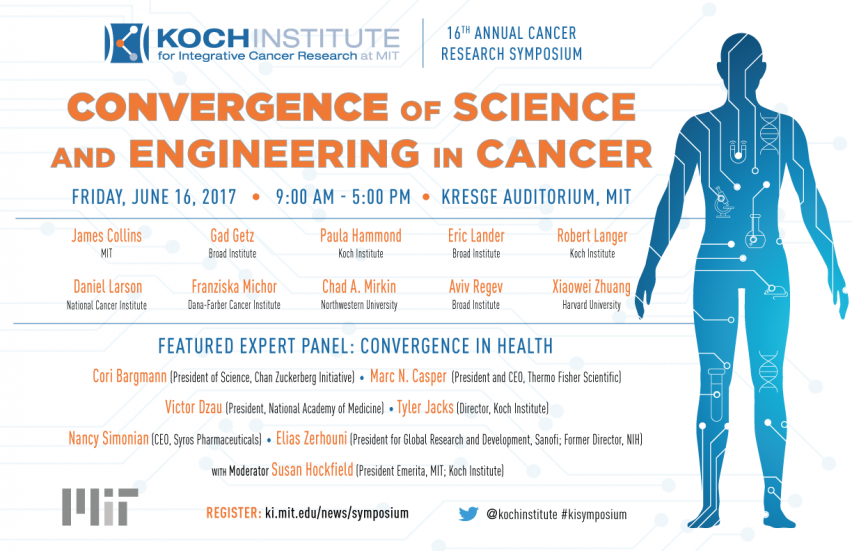
A leader in Convergence, MIT’s Koch Institute for Integrative Cancer Research, on June 16, 2017 presented its 16th Annual Cancer Research Symposium: Convergence of Science and Engineering in Cancer. Convergence—the merging of historically distinct disciplines such as engineering, physics, computer science, chemistry, mathematics, and the life sciences—has created extraordinary opportunities in cancer research and care. Leaders in this emerging field discussed innovative new approaches and technologies to better detect, monitor, treat, and prevent cancer. The symposium also featured a panel of experts to discuss the impact of Convergence on the future of medical care.
Agenda
Introductions and Keynote
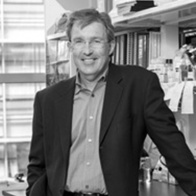
Welcome
Tyler Jacks
Director, Koch Institute, MIT
David H. Koch Professor of Biology, MIT
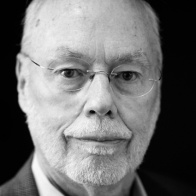
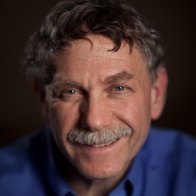
Keynote Speaker: 30 Years of Convergence
Eric Lander, PhD
President and Founding Director, Broad Institute of Harvard and MIT
Professor of Biology, Department of Biology, MIT
Koch Institute, MIT
Professor of Systems Biology, Harvard Medical School
Session I: A New View
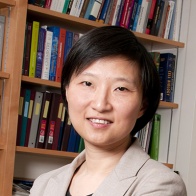
Illuminating biology at the nanoscale and systems scale using single-molecule and super-resolution imaging
Xiaowei Zhuang, PhD
David B. Arnold Professor of Science, Harvard University
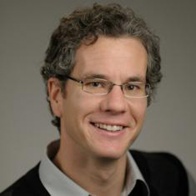
Understanding transcription and splicing heterogeneity in cancer progression
Daniel Larson, PhD
NIH Stadtman Investigator, Center for Cancer Research
Head, Systems Biology of Gene Expression, National Cancer Institute
Session II: Complex Molecular Networks
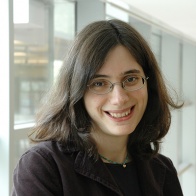
Dissecting the tumor ecosystem with single cell genomics
Aviv Regev, PhD
Director, Klarman Cell Observatory and Cell Circuits Program, Broad Institute of Harvard and MIT
Professor of Biology, Department of Biology, MIT
Koch Institute, MIT
Cancer Genome and the Cloud
Gad A. Getz, PhD
Director, Cancer Genome Computational Analysis Group, Broad Institute of Harvard and MIT
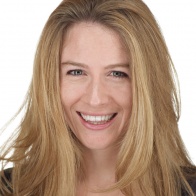
Computational Models of Cancer
Franziska Michor, PhD
Professor of Computational Biology, Dana-Farber Cancer Institute
Harvard T.H. Chan School of Public Health
Panel: Convergence in Health
Moderated by: Susan Hockfield, PhD
President Emerita, MIT
Professor of Neuroscience, MIT
Koch Institute, MIT
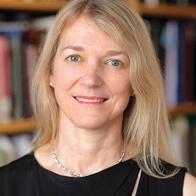
Cori Bargmann, PhD
President of Science, Chan Zuckerberg Initiative
Torsten N. Wiesel Professor, The Rockefeller University
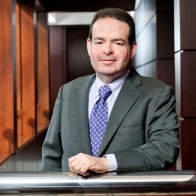
Marc N. Casper, MBA
President and CEO, Thermo Fisher Scientific
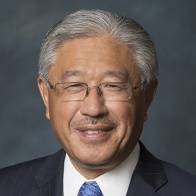
Victor Dzau, MD
President, National Academy of Medicine

Tyler Jacks, PhD
Director, Koch Institute, MIT
David H. Koch Professor of Biology, MIT
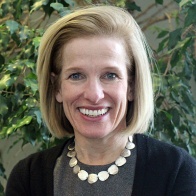
Nancy Simonian, MD
CEO, Syros Pharmaceuticals, Inc.
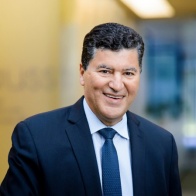
Elias Zerhouni, MD
President for Global Research and Development, Sanofi
Former Director, NIH
Session III: Nanomedicine
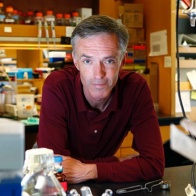
Synthetic biology and next-generation diagnostics
James Collins, PhD
Termeer Professor of Medical Engineering and Science and Professor of Biological Engineering, MIT
Broad Institute of Harvard and MIT
Wyss Institute
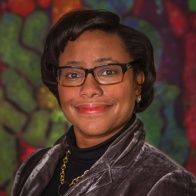
Targeting Aggressive Cancers Nanolayers at a Time: A Platform Approach to Engineered Nanomedicine
Paula T. Hammond, PhD
David H. Koch Professor in Engineering, MIT
Head of the Department of Chemical Engineering, MIT
Koch Institute, MIT
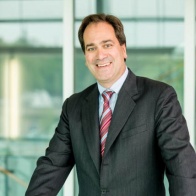
Spherical Nucleic Acids as a Powerful New Platform for Cancer Therapy
Chad A. Mirkin, PhD
Director, International Institute for Nanotechnology
George B. Rathmann Professor of Chemistry, Department of Chemistry, Northwestern University
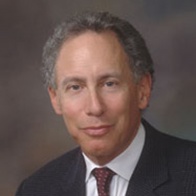
New chemical engineering approaches to convergence
Robert S. Langer, ScD
David H. Koch Institute Professor, MIT
Koch Institute, MIT
Closing remarks by Dr. Tyler Jacks
Supporters
Affiliates
Janssen Research & Development, LLC
Thermo Fisher Scientific
Collaborators
Agilent Technologies
Bayer HealthCare, LLC
Sanofi
Patrons
Amgen
BioPharma Executive Council
Cell Signaling Technology, Inc.
Lumicell, Inc.
Friends
Genentech, Inc.
IOP Publishing
Molquant, Inc.
New England Biolabs
Red Sky Partners, LLC
SQZ Biotech
Vendors
Agilent Technologies
BioLegend
Cell Press
Cell Signaling Technology, Inc.
MilliporeSigma
Qiagen
Precision Biosystems
Taconic
TCI America
Thermo Fisher Scientific
Transnetyx, Inc.
Special thanks to the Kavli Foundation